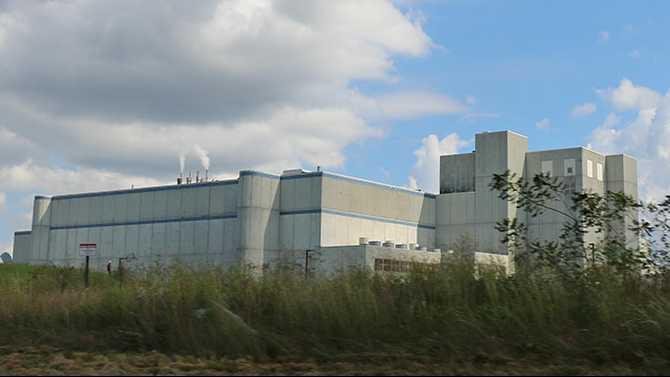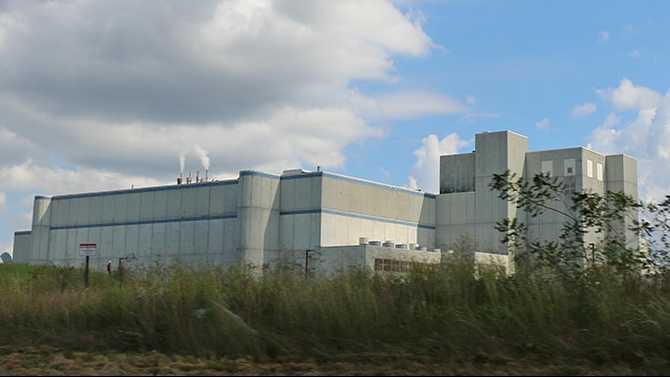COVINGTON, Ga. – Eight Black employees are suing multinational manufacturer General Mills for alleged racial discrimination that took place at the Covington plant.
A class action lawsuit filed with a Georgia federal court on June 2 alleges a group within the company called the “Good Ole Boys” has created and maintained a racially hostile work environment for over 30 years.
“General Mills has knowingly allowed the “Good Ole Boys” to operate the Covington facility in a manner that systematically deprives Black employees the equal benefits of employment enjoyed by white employees on the basis of race and the color of their skin,” read page 51 of the 58-page lawsuit.
The “Good Ole Boys” were reportedly led by two longtime members in the company, Jack Gilliam and Greg Cantrell.
Together, the pair were said to have created the “Good Ole Boys” – who are comprised of White employees within management and human resources – in order to “take actions that aggrandized and enriched themselves and their white friends,” according to page six of the lawsuit.
This included holding Black workers in a higher position to receive “write-ups”, false performance evaluations for Black employees and providing benefits and promotions for underqualified White employees.
The group was also claimed in the lawsuit to have committed several acts of blatant racism over the last 30 years.
Former employee and co-plaintiff E.J. Rivers said a noose was found on his desk in 1993. In 1994, Rivers was reportedly told “to go back to Africa.”
It was reported that neither of those incidents resulted in any action from human resources.
Another listed co-plaintiff, Keith McClinton, said that the word “coon” was written on his power audit forms. It was also alleged that the words “KM [Keith McClinton] is a f****** [N-word]” was written on a restroom wall, according to page 22 of the lawsuit.
In 2006, McClinton said that the word “KKK” – an indication of the white supremacist group, the Ku Klux Klan – was written on his lunchbox. McClinton was required to give a handwriting sample to prove that he did not write the word on his own lunchbox.
Per the lawsuit, McClinton was told earlier this year to stop putting his complaints in writing from local human resources.
The head of local human resources, Chris Morrison, is also an alleged member of the “Good Ole Boys.”
Another co-plaintiff, Donald Outlaw, claimed he was present when longtime supervisor and alleged “Good Ole Boy” member Shane Cox called a Black employee a “Black b****.”
The lawsuit claims Cox was given a final warning, but continued to advance in the company after the incident.
As recently as 2024, a hate symbol depicted toward Black people was found in a production area. According to page 19 in the lawsuit, “no specific action” was taken to address the symbol.
It was also claimed that a mural depicting Stone Mountain at the east plant was designed to portray Confederate generals. The mural was visibly present at the plant from 2005 until its removal in 2021.
Employees that were listed in the lawsuit request a trial by jury, claiming General Mills has violated the Civil Rights Act of 1866, violations of the federal and Georgia RICO acts and maintaining a nuisance.
The Covington News reached out to General Mills for comment and received the following statement.
“We do not comment on pending litigation. General Mills has a long-standing and ongoing commitment to diversity, equity and inclusion and we do not tolerate discrimination of any kind,” per the statement from General Mills.
In regards to the employment status of the alleged “Good Ole Boy" members, Gilliam was confirmed to have retired from General Mills on May 29, according to the lawsuit. It is not clear if the other listed members in the lawsuit are still employed with the company or not.





